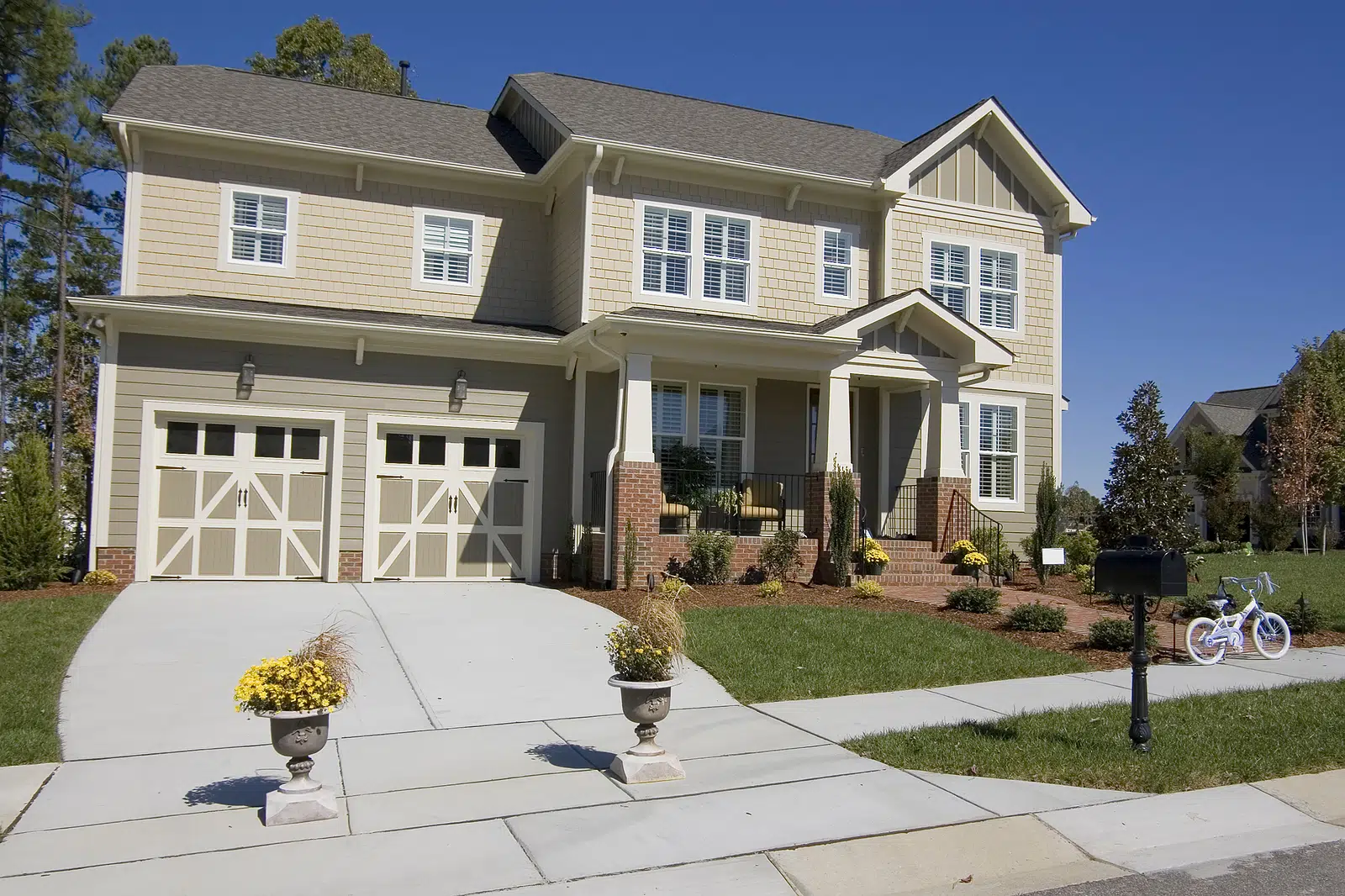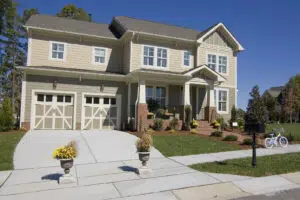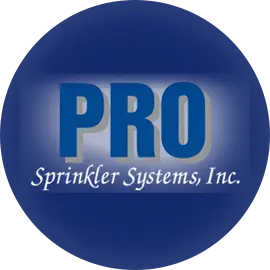
Knowing whether or not your state or city, especially in Irrigation Systems Westchester County, requires a sprinkler system in your home could make the difference between life and death during a fire, so it’s important to be aware of this regulation.
If you’re looking to maximize the safety of your building and its occupants, then installing a sprinkler system should be at the top of your to-do list, especially in Irrigation Systems Westchester County!
This blog post provides answers to some of the most common questions about sprinkler systems, such as the types of sprinklers, are they a legal requirement, and why do you need a sprinkler?
Is My Home Required to Have One?

If your building predates November 13th, 2016, and currently lacks an approved automatic sprinkler system, you must install one. Who wouldn’t want their home to be safeguarded against fire? Not only does this protect people from harm, but it also prevents property damage.
Laws vary by state, but typically, automatic fire sprinklers are required in new or retrofitted commercial buildings with specific occupancy thresholds. For instance, if your residence comprises four or more units, such as an apartment building, installing sprinklers is likely mandatory. Older homes built before 1950, meeting specific conditions, might also necessitate fire sprinklers.
Furthermore, residential buildings with more than two dwelling units (excluding owner-occupied single-family homes) must install ANSI-approved automatic sprinkler systems. The great aspect of this new requirement is its retroactive application.
How Do I Know If My Building Needs an Automated Sprinkler System?
All buildings with four or more stories must install an automatic sprinkler system. However, buildings with only one exit or stairways leading to multiple exits, spaced within 200 feet of each other and equipped with emergency lighting, are exempted from the requirement of having an automatic sprinkler or fire alarm.
Types of Residential Sprinkler Systems
Sprinkler systems can be installed in both commercial and residential buildings. They’re often considered insurance against disaster because they’re one of the first lines of defense against fire. When it comes to fire prevention, you want to consider five different types of sprinklers:
Fire Sprinkler Systems
Fire sprinklers are installed in commercial and industrial buildings where large amounts of flammable products and equipment are stored. These sprinklers help contain the fire to a specific area. If you’re in charge of such a building, you need to ensure professionals regularly inspect your sprinkler system.
Wet Pipe Fire Sprinkler System
With wet pipe systems, water flows through pipes connected to the main water supply. A wet pipe fire sprinkler system is also known as an open sprinkler system because the water flows through pipes that are open to the air. This causes a pressure drop and triggers a small amount of air into each line. The air mixes with water, cooling it down to about 60 degrees—and dropping its freezing point even lower.
Dry Pipe Fire Sprinkler System
Dry pipe systems don’t have any water inside them until someone trips the sprinkler head or another alarm. They are installed in a building’s perimeter walls and activated by a heat sensor. The water is held in a chamber, so it does not come out until there is a fire.
This system is commonly used because it can be added to an existing building without extensive modifications. It also leaves an unobstructed floor plan while protecting against passive fires such as grease or electrical fires.
Pre-Action Fire Sprinkler System
As its name suggests, a pre-action fire sprinkler system requires an additional step before water is released. This step generally involves activating one or more devices like smoke detectors or heat sensors to ensure that there’s a fire before water comes spraying out.
Most local building codes require a pre-action sprinkler system for new construction and major renovations in buildings with three stories or fewer. Pre-action systems are similar to dry pipes but with one important difference—the pipes are filled with pressurized air, not water.
Deluge Fire Sprinkler System
The deluge fire sprinkler system is designed to extinguish fires immediately. This system uses a large amount of water in a short amount of time, and it can be found in kitchens, chemical labs, and storage rooms.
Are sprinklers a legal requirement?
Emphatically YES! However, if you have a three-story or smaller building and no more than four dwelling units, you do not need to install an automatic fire sprinkler system. Additionally, if your building was constructed before 1975, it does not need to be retrofitted with a sprinkler system. Residential buildings with four or more dwelling units are required to have automatic fire sprinklers.
Where are residential fire sprinklers required?
Residential fire sprinklers are required in virtually all new single-family homes, according to FEMA. Additionally, some jurisdictions have laws requiring the installation of residential fire sprinklers in older homes as well. Some codes also require installing residential fire sprinklers as part of any remodeling project that affects more than 50 percent of an existing home’s square footage.
Sprinklers are installed to protect floor areas of a dwelling unit in a family dwelling or townhouses. With exception to crawl spaces, unoccupied concealed spaces with no fuel-fired appliances do not require sprinklers.
Do residential homes need sprinklers?
The answer isn’t as straightforward as you might think, especially when considering a Residential Sprinkler System in Westchester NY. It all depends on several factors, including the location and size of your house. In most cases, however, homes in this area should have sprinklers.
Do I need to install a fire sprinkler system?” The answer can vary depending on the type of building being constructed and the number of stories. If you are constructing an apartment building with three or more stories, you will have to install a fire sprinkler system inside your structure.
This is because federal law requires that all new construction include fire sprinklers for multi-story structures. However, some exemptions from these laws allow for an exception if certain conditions are met, including providing an automatic smoke detection system throughout the entire building, having at least one stairwell free of obstructions, and being equipped.
Why do you need a residential sprinkler system?
In most cases, when it comes to business or commercial buildings, fire sprinklers are not only needed but required by law. However, installing a sprinkler system can be optional if several specific requirements are met for residential buildings. A trained professional will ensure these requirements are met before installing the system in your home or condo.
A residential sprinkler system is designed to save landlords and property managers money in a fire outbreak. Once activated, the sprinkler head sprays 20 -25 gallons per minute.
Conclusion
Sprinkler systems are one of those safety features that may not be on your radar until you have to use them. Sprinklers can help save lives and protect property from major damage.
With this safety measure, you can rest easy knowing that even during an emergency like a fire or flood, all your residents will be safe from harm because they are alerted immediately by an automatic alarm system.
In summary, if you’re considering installing a sprinkler system for your home or business, hesitate reach out to us immediately! Even if it’s not currently mandatory, contacting our office will provide you with valuable information about these beneficial devices. A well-designed sprinkler system has the potential to prevent water damage, an advantage everyone would appreciate. Contact us at 914-277-3827 for a free estimate and to learn more.
